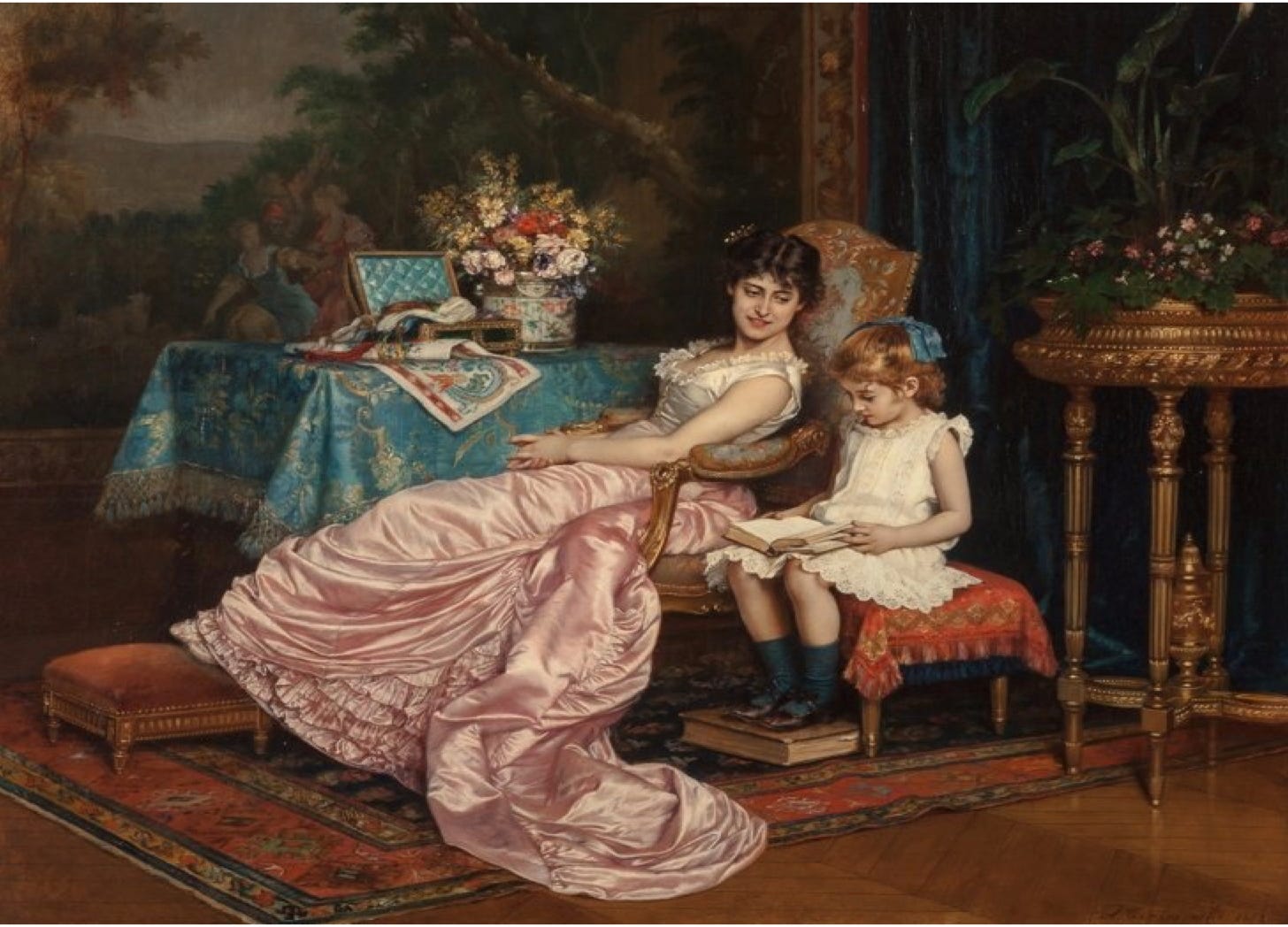
Recently, in a piece published in The Atlantic, Rose Horowitch shared a shipload of scholarly scuttlebutt on the subject of students enrolled at four-masted colleges who cannot, or will not, read the entirety of Moby Dick. Some of the old salts she interviewed explained this dearth of Sitzfleisch, which extends to novels with less oppressively nautical settings, by pointing to changes in the reading required of pupils in secondary schools. Others placed the blame on the many distractions of life in the Information Age.
While Miss Horowitch casts a wide net over her subject, neither she nor her interlocutors address the great white whale in the room. In the great age of the door-stopper novel, nearly all of the people who read such works did so for purely recreational purposes. Moreover, when doing so, they preferred longer works to shorter ones because, quite simply, they did not want the fun to stop.
Consider, if you will, case of the translation of Les Misérables printed in Richmond, Virginia, during the War for Southern Independence. Notwithstanding a dire shortage of paper, the publishers disdained to omit the many digressions so often redacted by the editors of subsequent versions. Thus, after spending their days dealing with a sea of troubles (some of which, marvelous to say, had been unleashed by charter subscribers to The Atlantic), the good burghers of that beleaguered city were able to loose themselves, not only in the the redemption of Jean Valjean and the villainy of Inspector Javert, but also in a learned treatise on the sewers of Paris and a forty-page account of the battle of Waterloo.
The rage for Les Misérables, which seems to have flourished on both sides of the Mason-Dixon Line, predated the study of modern literature in Anglophone schools and colleges by a good twenty years. Indeed, if I am not too badly mistaken, several additional decades would pass before serious scholars came to regard the reading of novels as a proper part of, rather than an opportunity escape from, a collegiate curriculum.
Moreover, once professors began to offer courses that required the reading of novels, such classes attracted many students who had already acquired a considerable fondness for the medium. Thus, for the price of a few hours of listening to cockamamie theories about the real meaning of ‘call me Ishmael’, lovers of long-form literature could receive credit for doing what, if left to their own devices, they would have done anyway.
This phenomenon provides us with yet another example of our tendency to credit formal courses of study with independent, and, in some cases, pre-existing, developments. If Hannah from Harvard or Sally from Stanford sports a shelf full of well-thumbed nineteenth century novels, we often presume that she acquired a taste for books of that sort from her alma mater. The very existence of those works, however, suggests that this presumption puts the proverbial cart before the aphoristic horse.
With that in mind, I offer a pair of memories. When I was a young seafaring lad, the bosun of my ship, who had left school long before he started to shave, read novels, such as The Great Gatsby, in a language not his own. Decades later, at a party in a tony suburb of New York, a lady with two degrees (one undergraduate, the other professional) from an Ivy League university asked me to help her find a set of antique leather bound volumes so that she might, with the aid of glue and table saw, convert them into a mantlepiece display.






Now see this notion of virtue signaling has been around a while, one is surprised that your aquaintance didn’t have a faux door to the wine cellar covered in leather bound books. Well as General Paul Van Riper USMC (Ret) reminds us mere mortals “grab a book and get busy.”
Victor Hugo could not shut up about anything once he got started on it.